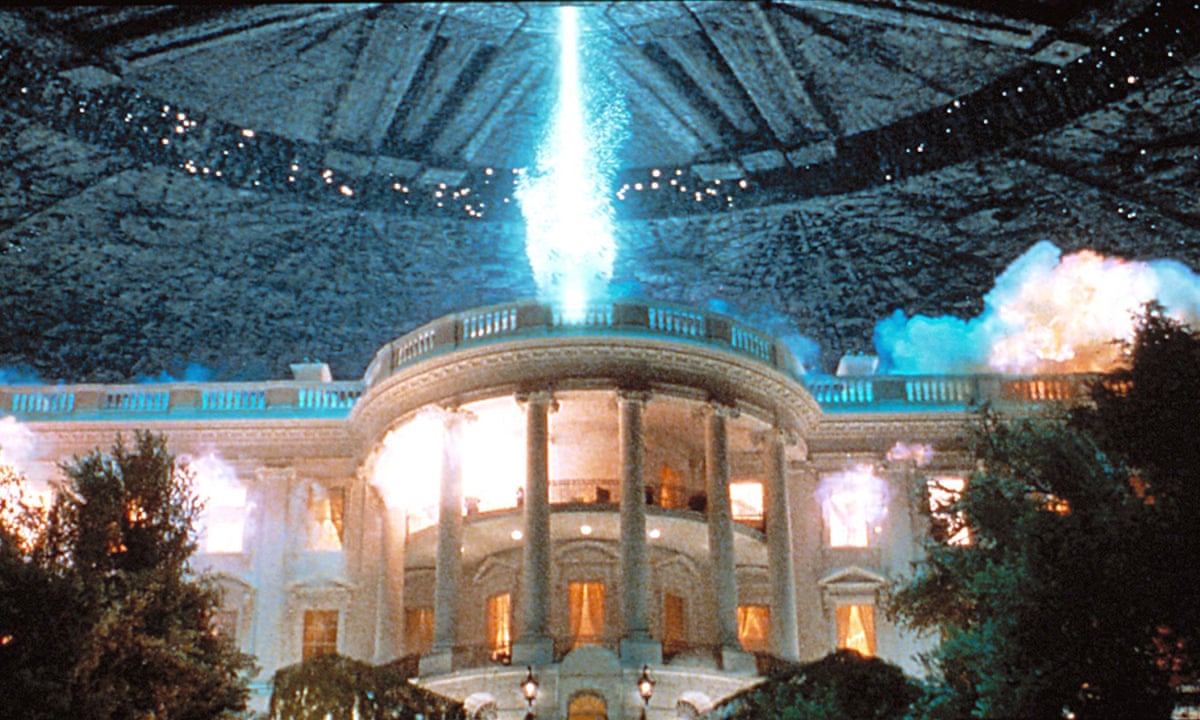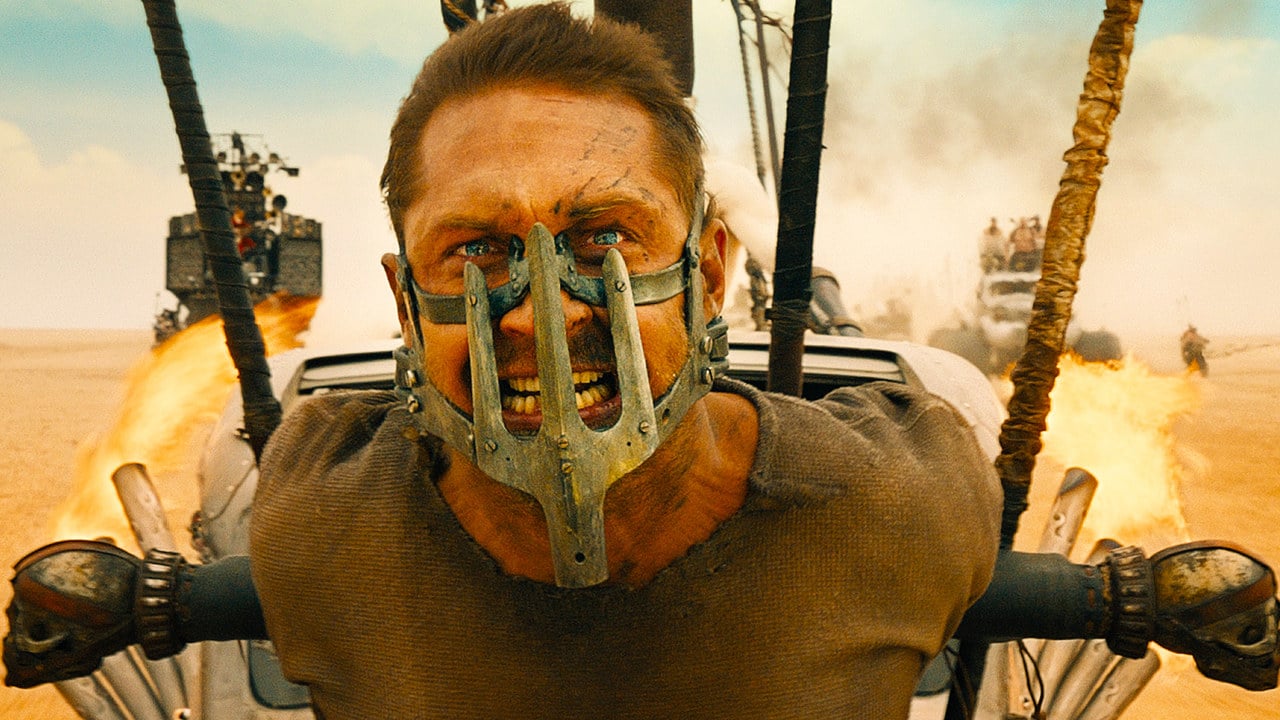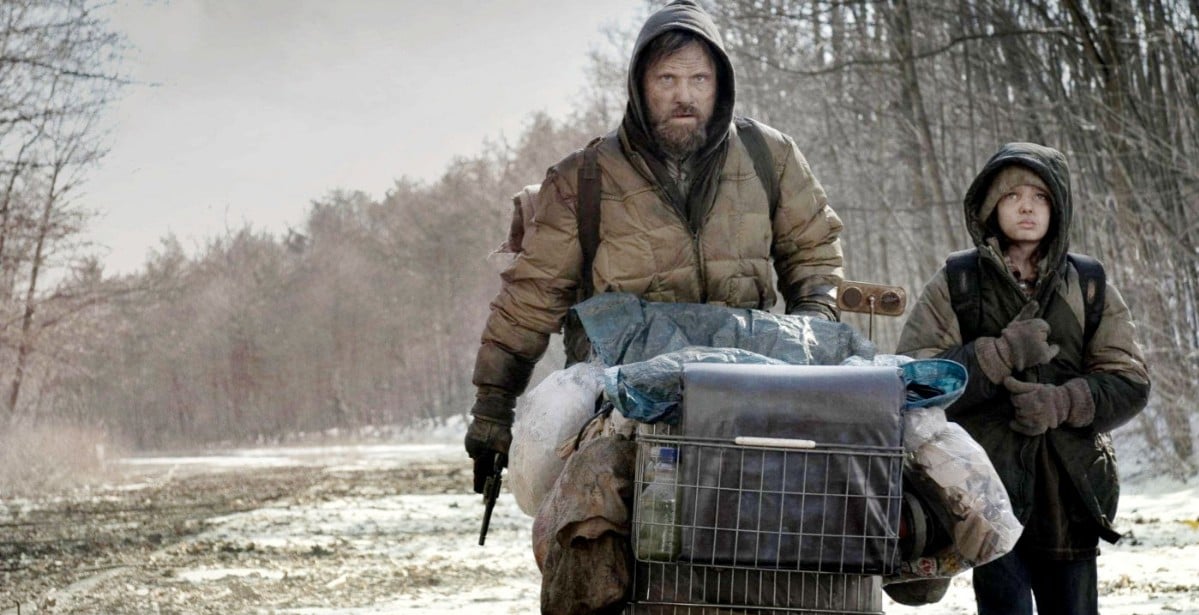The end of the world—due to religion, war, disease, or any number of things that might bring an end to the world as we know it—is something everyone has thought about. That fact hasn’t escaped storytellers, and it has made the post-apocalypse subgenre one of the most popular in recent media. Novels, comic books, radio plays, video games, television, and film all have stories set after the fall of humanity. Why is the end of the world so appealing to the masses? It’s because it’s a scary thought, and people love being scared. Among post-apocalyptic films, there are a few that stand out from the rest. A spoiler warning is now issued.
Religion as a Weapon

The idea of one man with nefarious plans fooling people into following him is scary because it is so realistic. It has happened throughout history, especially in the last 75 years. Look at Charles Manson, David Koresh, and Jim Jones. Claiming to be prophets and messiahs, they were able to convince people to kill and take their own lives because “God said so.” In The Book of Eli (2010), Gary Oldman’s character, Carnegie, is a prime example of an evil man claiming to be the voice of God. He has gathered a small group of followers who believe he is the righteous leader they need. Then Eli comes into their community. While Eli is a man with impressive skills, it’s what he has with him that Carnegie truly wants. Eli possesses the last known copy of the King James Bible. Imagine what a man claiming to be the voice of God could accomplish with that as the main weapon in his arsenal. It certainly isn’t a pleasant thought.
Death From the Sky

Films often depict mankind as the vilest creature on our planet, but what about beings from another world? War of the Worlds and Independence Day are two examples of extraterrestrial visitors that have only one thing on their mind—the end of humanity. It’s true that in these films humans survive and the world doesn’t end, but that doesn’t make the thought any less scary. There have been thousands of eyewitness accounts of UFOs and aliens, as well as numerous allegations of government agencies conspiring to keep them hidden. What do we do in a situation like that? What do we do if, all at once, crafts from other worlds drop down onto our little blue and green marble? Do we just grab our families and run like hell, following Tom Cruise’s example in War of the Worlds? I’d like to think we would band together as the world does in Independence Day, but it’s just as likely, maybe more so, that humanity would be done for.
When the Dead Take Control

The Walking Dead and Stephen King’s The Stand show exactly what happens when disease ravages the world. Put yourself in Rick Grimes’s shoes for just a moment. You’re doing your job when you’re shot and put into a coma. You wake up and the world isn’t how you remember it. In fact, it is completely upside down and the dead have taken over. I’m personally not a fan of the zombie subgenre, but when it’s done correctly it makes us fear pestilence. Romero’s Dead series and Danny Boyle’s 28 Days Later put us in the middle of a world that no longer makes sense no matter how hard the characters try. With the current state of the world and the health concerns we all face, these things seem less farfetched with each passing year.
Fury of the Wasteland

The wastelands. What are they exactly? I suppose they’re open to interpretation based on the ideas of what the storyteller deems apocalyptic. In George Miller’s Mad Max and its subsequent sequels, the world has been torn apart by nuclear war and man’s greed. All resources are gone, and the main fight revolves around four things: water, food, fuel, and ammunition. Cormac McCarthy’s The Road shows a different world, one that is plunged into perpetual cold. As opposed to showing how the entire world has changed, it shows one man’s struggle to keep his son safe and ensure their survival. The Road shows that something as simple as a Coke can be enough to bring a little joy to the end of the world. In both these films, the things we take for granted are the very things that are most strongly coveted when it’s all said and done.
Inorganic Overlords

Finally, what if the machines we’ve grown to rely on for survival and entertainment decide they know better than we do? It might look like the inevitable future of The Terminator or the fields of humans grown instead of being born in The Matrix. Both films show the growing dependency of humanity on machines. Eventually, the machines deem humanity unworthy to continue ruling the planet. Are the machines and artificial intelligences of science fiction right? Have we become so dependent on them that they are slowly beginning to call the shots? We now have self-driving cars, advertisements directly inspired by an individual’s search history, and everyone has a connection to the entire planet in their pocket. What once seemed like a terrifying future is now an everyday occurrence. Whether it’s good or bad depends on individual opinion, but it’s not always a pleasant thought.
The Inevitability of the End

Maybe it’s only one of these occurrences that wipe out our species. Maybe it’s a combination of them all. Maybe the skies open up and doom rains down from other worlds. Perhaps an AI decides humanity is done, hacks security systems, and launches nukes to rid the planet of the sentient disease of mankind. However it might happen, the end of the world will always be a scary thought that fascinates creatives and audiences alike.



